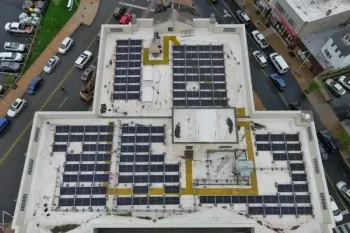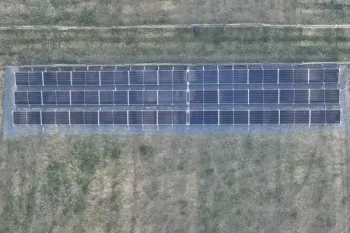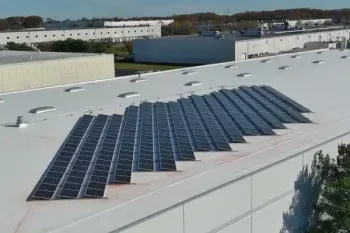Across the country, more and more businesses are turning to solar installations as a viable means of reducing their tax liability and operating costs. Solar power is a great way to meet your ESG goals, and as more green requirements come online from state and federal governments, it’s a proven strategy to get ahead of ever-changing regulations.





Now is the ideal time to explore your solar options. Solar panel and installation costs are currently at an all-time low, and federal incentives are at their highest. However, the New Jersey legislature is indicating that future incentives will change and continue to decrease. Meanwhile, Pennsylvania has recently introduced legislation that will very likely raise the incentive for solar power in PA for many years to come.
Investing in solar power offers numerous advantages that can enhance your financial outcomes and brand reputation. With a solar power system, you reduce your reliance on traditional energy sources and save on electricity costs, resulting in long-lasting financial benefits. Furthermore, utilizing clean energy contributes to a positive impact on the environment, which can improve your brand’s image. This investment benefits both your company and the broader goal of achieving a sustainable future for all.

In our green-conscious world, top talent is drawn to socially conscious organizations. IBM surveyed 16,000 people from 10 countries and found that employees are 67% more likely to apply for jobs with companies they view as environmentally conscious.
The power of solar goes far beyond attracting great employees. It can also significantly boost your public image. According to the Pew Research Center, 89% of Americans are in favor of expanding solar power. It’s by far the most popular energy source on the market, even across political boundaries.
There are few better ways to publically display your commitment to your community and employees than by installing solar. There’s no company with more expertise and experience in Pennsylvania and New Jersey than Exact Solar.
Electricity costs in Pennsylvania and New Jersey are on the rise, posing a threat to even the most well-planned budgets. A well-designed solar energy system ensures predictable energy costs for years to come. We’ve made it work for businesses of all sizes!
Several state and federal incentives in place ensure that organizations that “go solar” receive a very high ROI:
Depreciation – Solar energy systems are given a special status for depreciation. Solar energy system owners can accelerate depreciation on the cost of a solar project, which dramatically lessens the payback period.
Federal Tax Credits – Businesses receive a federal tax credit of 30% for all associated material and installation costs of a solar energy system through 2032. The tax credit is set to decrease after 2032, so now is the time to invest in your organization’s future!
SRECs – Receive payments from utilities for the clean energy you produce. For every 1,000 kWh your solar energy system produces, you earn one SREC. Learn more about the SREC markets in Pennsylvania and New Jersey.
Net Metering – Regulated electric utility companies and electric suppliers or providers must offer net metering to retail customers that generate electricity through renewable systems. System owners receive credit on their utility bill for each kWh of electricity their system produces over the course of a year.
Join Our Mailing List
Refer and Earn!
Click below for details on how to refer a friend or family member to earn $500!
Privacy Policy | © 2025 Exact Solar, All Rights Reserved.